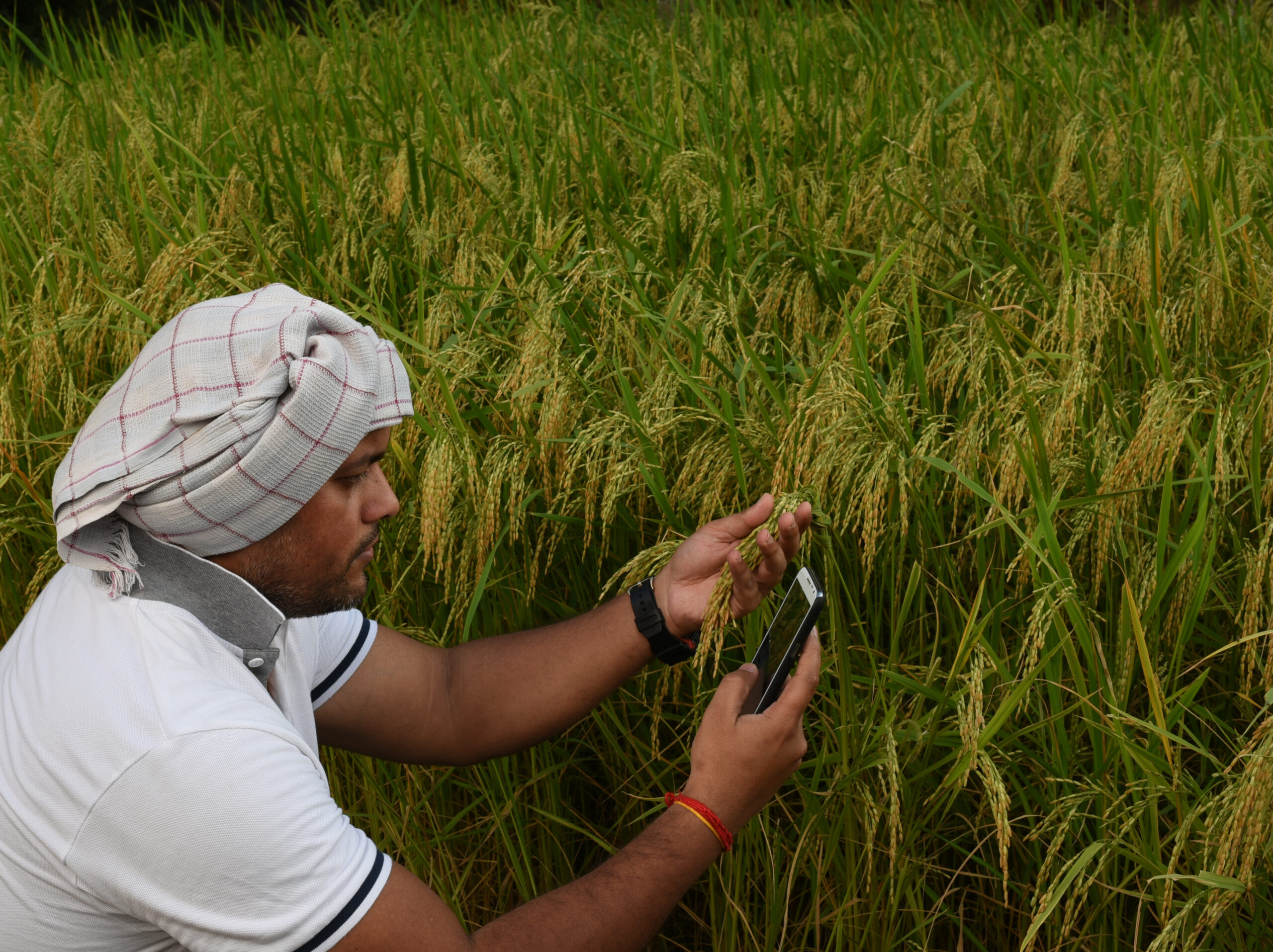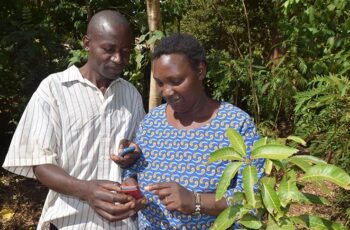Affiliate Spotlight: Shawn Cole

Photo: Shutterstock.com
To read the full profile, please download the PDF version here.
Shawn Cole is a Co-Founder and Chair of the Board at Precision Development (PxD), the John G McLean Professor of Business Administration at Harvard Business School, and serves as a Co-Chair for J-PAL’s Innovations in Data and Experiments for Action (IDEA) Initiative. For over twenty years, Shawn has researched what makes information impactful and how it can be effectively communicated, with a focus on banking and corporate and consumer finance in low- and middle-income countries.
Shawn and his research collaborators are aiming to lead a digital revolution in the practice of development economics, particularly for the delivery of information and services to low-income populations. His research, spanning financial advising for small businesses to the delivery of timely advice to smallholder farmers, focuses on harnessing the potential of high-quality information and technology platforms in reaching a large number of people quickly and cost-effectively.
“We’re going to see more and more approaches like this as governments realize that the cheapest and most effective way to communicate with their populations is to do so directly via a technology platform,” he says.
This use of digital communication tools is emphasized most prominently in Shawn’s work to improve the delivery of agricultural extension services. Extension services, or technical advice and inputs regarding agricultural practices that can improve farm productivity, have traditionally been delivered in-person in low- and middle-income countries (LMICs): either through extension agents who physically visit farms or through farm field schools, in which groups of farmers come together to experiment with new agricultural practices. However, in many settings, these traditional models have had limited success in delivering timely and customized information to farmers who often live in remote areas.
Starting in 2011, Shawn and his research partners found that using mobile phones to send agricultural extension services to cotton farmers in Gujarat, India was impactful in causing them to adopt a number of recommended agricultural practices related to fertilizer, pesticides, and seed selection. Around the same time, J-PAL affiliated professors Lorenzo Casaburi (University of Zurich), Michael Kremer (University of Chicago), and Sendil Mullainathan (University of Chicago) found similarly promising results on farmer behavior by sending text message reminders about key tasks to be performed during the agricultural cycle to sugarcane farmers in Kenya.
Based in part on these results, Shawn, along with Michael Kremer, Dan Björkegren (Brown University), and Heiner Bauman, co-founded Precision Agriculture for Development (PAD, recently renamed Precision Development or PxD) in 2016 to leverage the growing use of mobile phones in LMICs and directly provide smallholder farmers with customized information and services to improve productivity.
PxD aims to harness agricultural technological innovations and data unearthed by agricultural trials on optimal farm inputs like seed varieties and fertilizer amounts and deliver this information to farmers. However, as important as it is to determine what is optimal, it is crucial to find a way to effectively communicate this information:
“People are increasingly gaining access to information services and it’s a particularly compelling opportunity to establish trusted brands, perhaps in cooperation with governments or nonprofits, to provide useful information to large numbers of people.”
Shawn’s interest in low-cost technologies goes beyond embedding them in randomized evaluations to how research is conducted on them in the first place. Borrowing from the tech sector, Shawn and his partners at PxD place great emphasis on rapid A/B tests to create a space for millions of farmers to provide continuous feedback on the services they receive and constantly improve the platform. Currently, PxD is servicing 5 million farmers across ten countries in Africa, Latin America, and South Asia through this iterative process.
For over twenty years, Shawn has researched what makes information impactful and how it can be effectively communicated. To Shawn, information, whether it be agricultural extension services, financial advice, or even education, “can be incredibly powerful if people believe it, trust it, and if they’re willing to act on it and improve their lives.”
Authored by Sanaya Chandar.
